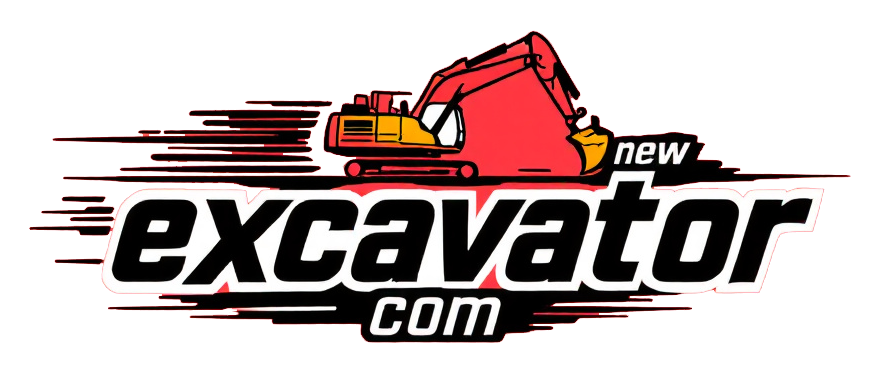-
Be Cautious When Buying It is important to be cautious when purchasing mini excavators, especially from sources that may not be well-known or reputable. It’s recommended to thoroughly research the seller and the product before making a purchase. Avoid non-branded excavators that have only model numbers, such as YC-15 or H-15. In times of technical problems or warranty problems, there is no way to trace back to the distributor/factory source.
-
💡 Verify Product Specifications Check the specifications, features, and reviews of the excavator to ensure that it meets your requirements and expectations. This can help in avoiding potential issues with fake tonnage claims. Generally, in the market, nearly all the 1.5-ton mini excavators weigh only 1 ton or less. Furthermore, a Briggs & Stratton 13.5hp engine can only support an excavator of 1.2 tons or less. Anything heavier, you are likely to get an excavator that cannot move as it should. Go for a less known engine, and you will get less horsepower than it is earmarked.
-
🔍 Authenticity and Transparency Look for companies that provide genuine information about their products, including operating weights, engine specifications, and other relevant details. Avoid sellers who are not specialized in the heavy machinery industry. Trading firms that are not in the machinery industry will not be able to verify the specifications themselves. Remember, you are buying a piece of heavy equipment. Buy from a machinery specialist, not an auction house or a furniture store that cannot stand by the quality of their products.
-
Spares and online technical support Look for companies that are specialised in the industry who know what they are selling so that they can support you with the spares and technical support. In the age of Internet, online after-sales support is vital. Machines do break down and you want to make you have the right support and spares from the machine specialists.
-
Google the model number or the brand. If you cannot find the brand elsewhere on the Internet, except for one or two sites, this is a vital red flag that it could be a scam.
When buying mini excavators online, here are some other red flags to watch out for:
Unrealistic Pricing: If the price seems too good to be true, it probably is. Compare prices from multiple sources to gauge fair market value.
Lack of Detailed Information: Listings without clear specifications, photos, or operational history can be a sign of a scam.
No Reviews or Poor Ratings: Check the seller’s reputation. A lack of reviews or consistently negative feedback is a warning sign. Go for sellers with a long trading record. Avoid brands that have been around for less than 2 years. You would like the seller and the brand to be around when you exercise the machine warranty. Choose a machine warranty that is covered at both the seller/dealer level and distributor/brand level.
Limited Contact Information: Legitimate sellers provide multiple ways to reach them. Legitimate sellers and brands have widespread web presence.
Pressure to Buy Quickly: If a seller urges you to make a quick decision or claims there are other buyers interested, it’s a tactic to rush you into a purchase.
Non-Transparent Payment Methods: Be cautious of sellers who request payment through unconventional methods (like wire transfers or gift cards).
Poor Quality Photos: Low-resolution images or stock photos can suggest that the seller is not being honest about the product’s condition.
No Warranty or Guarantee: Reputable sellers and brands often provide warranties or guarantees. A lack of these can be a red flag.
Always conduct thorough research and consider checking the brand’s social media presence. Remember, dodgy brands cannot maintain a high profile presence in the long term.

